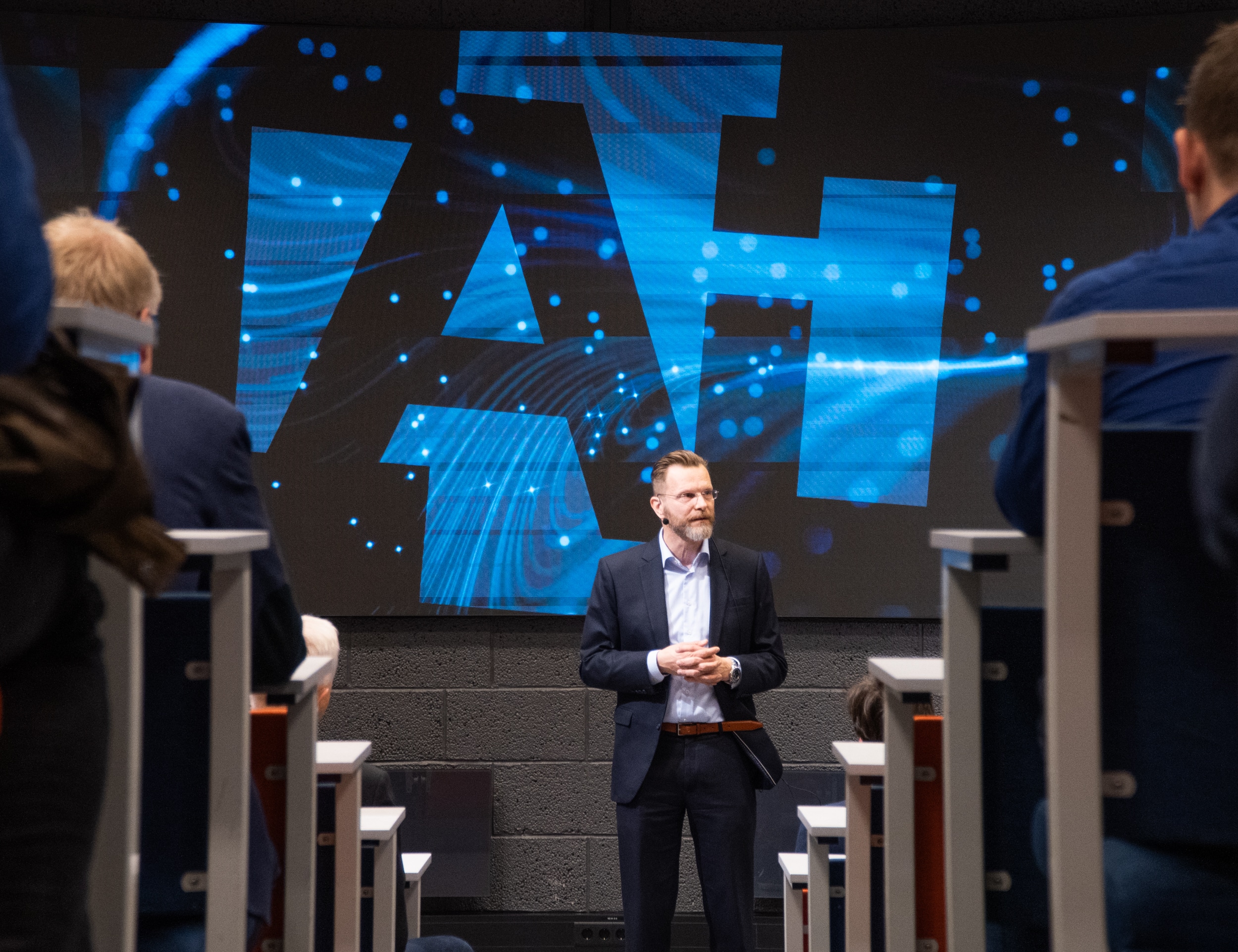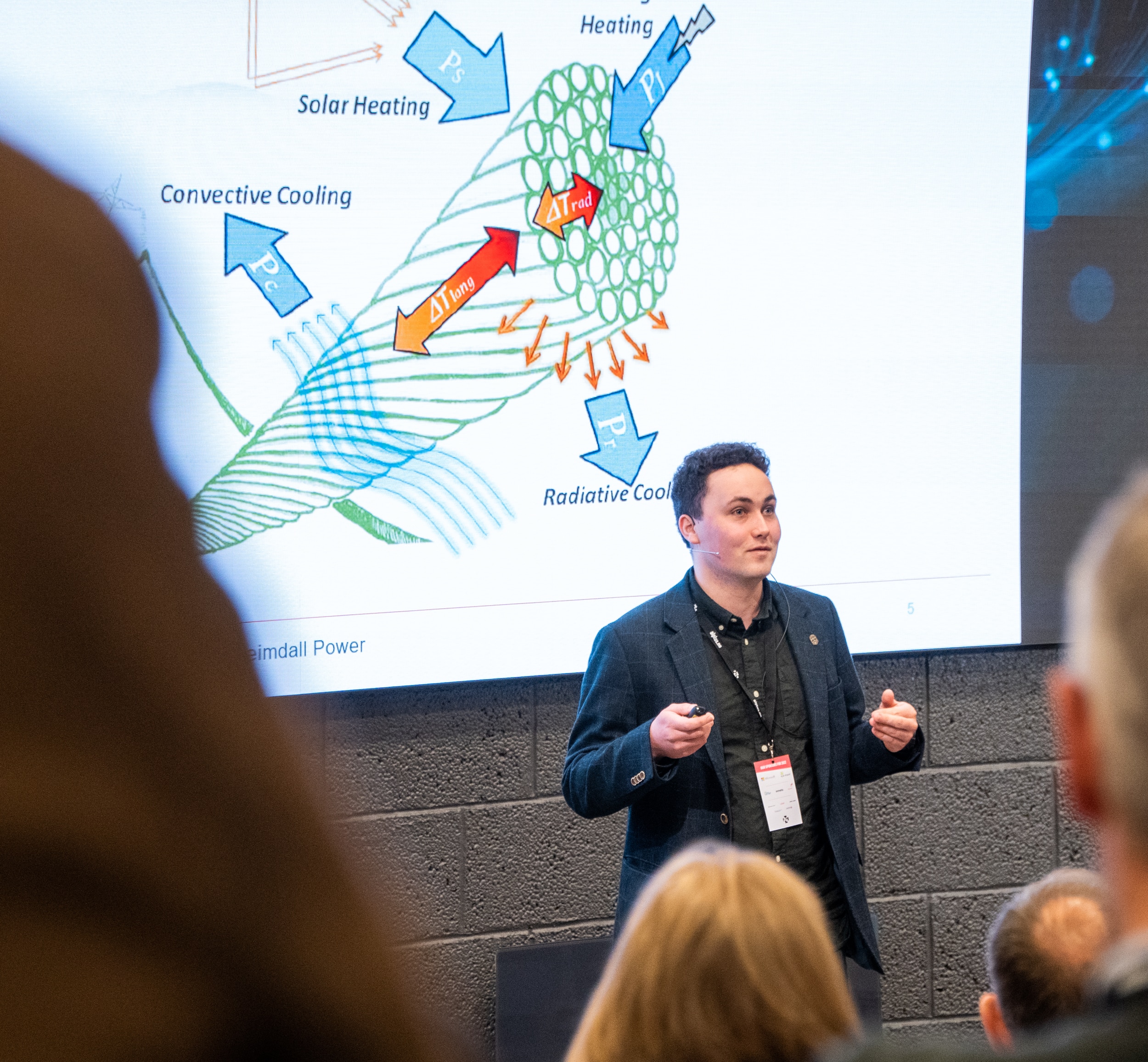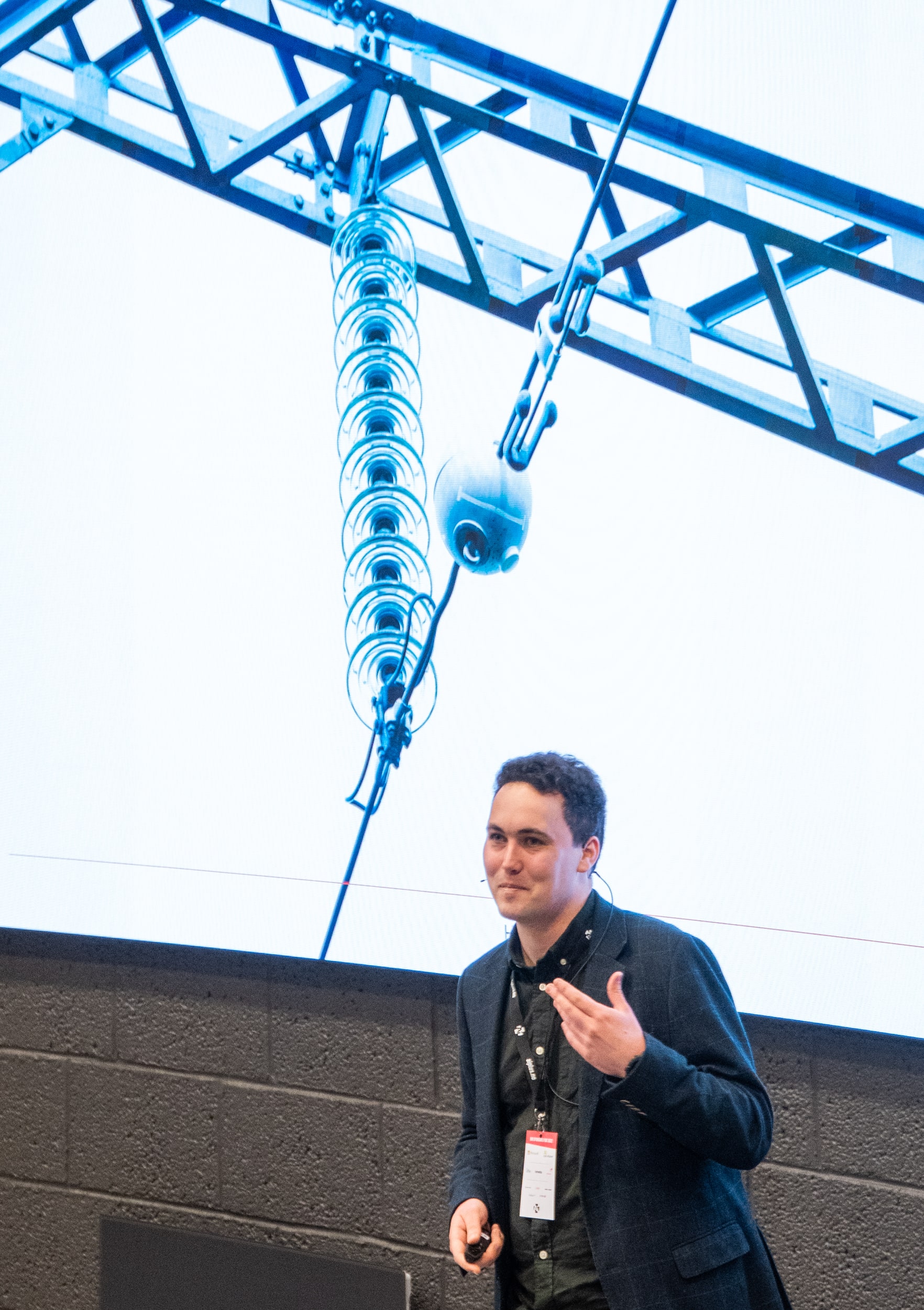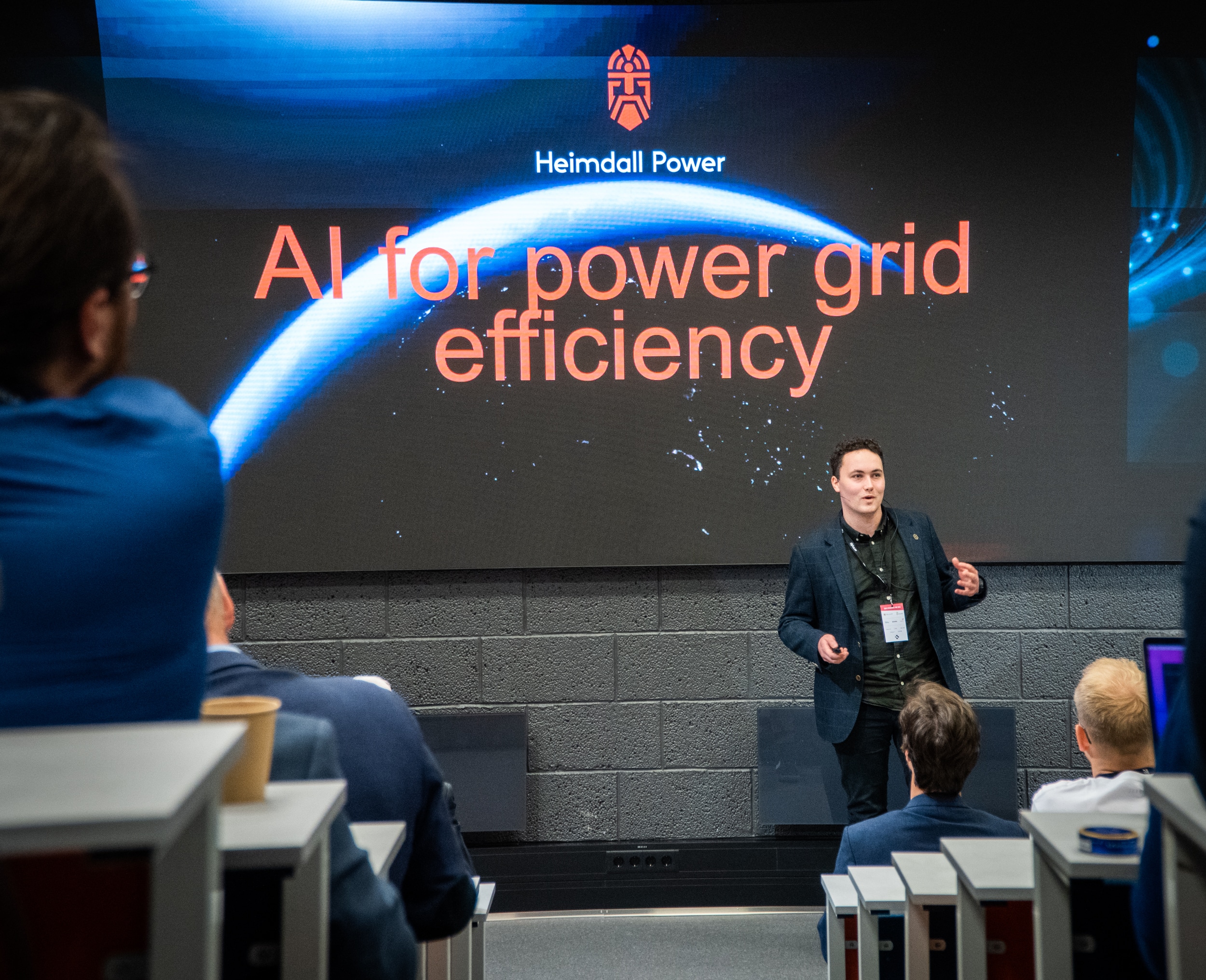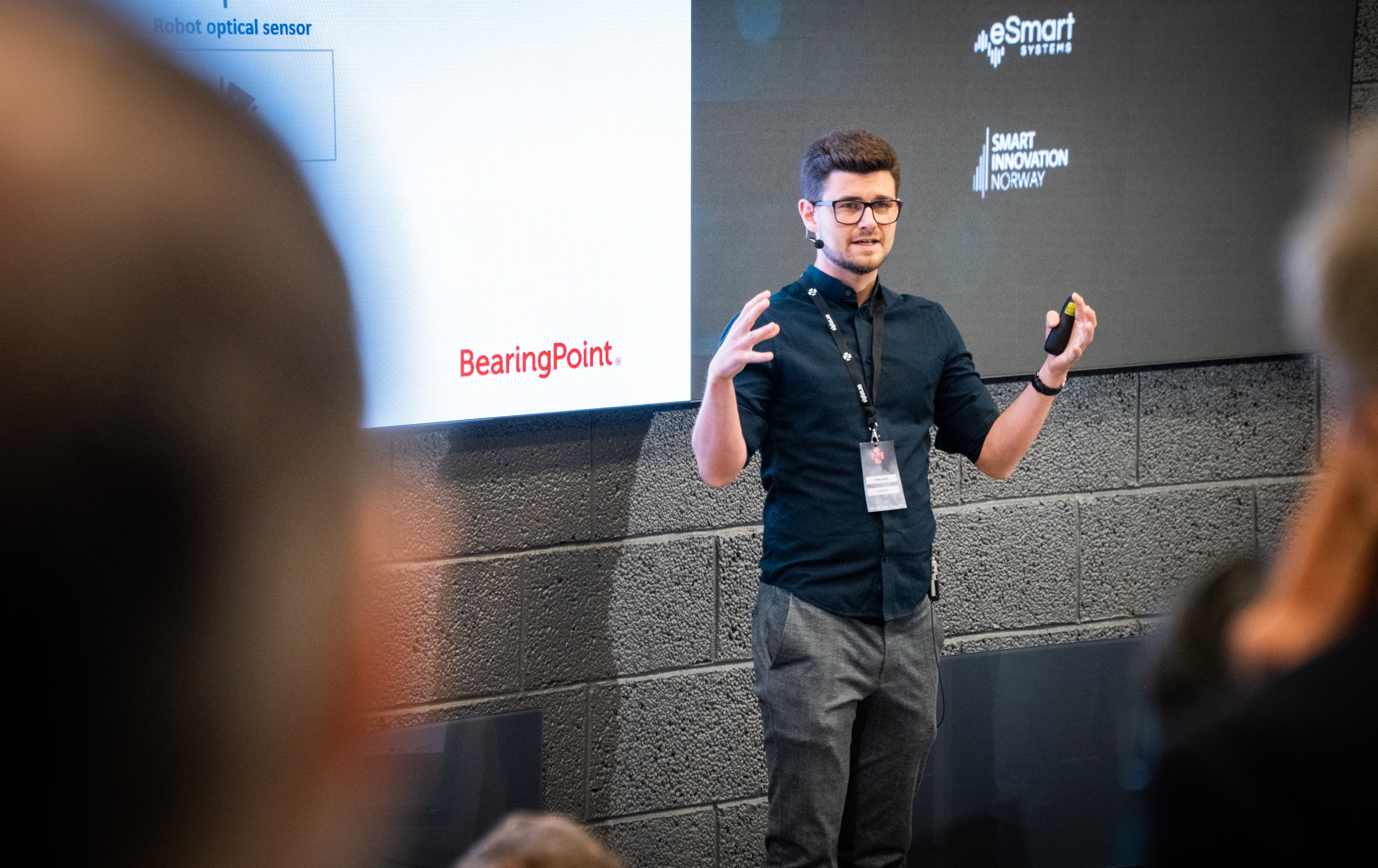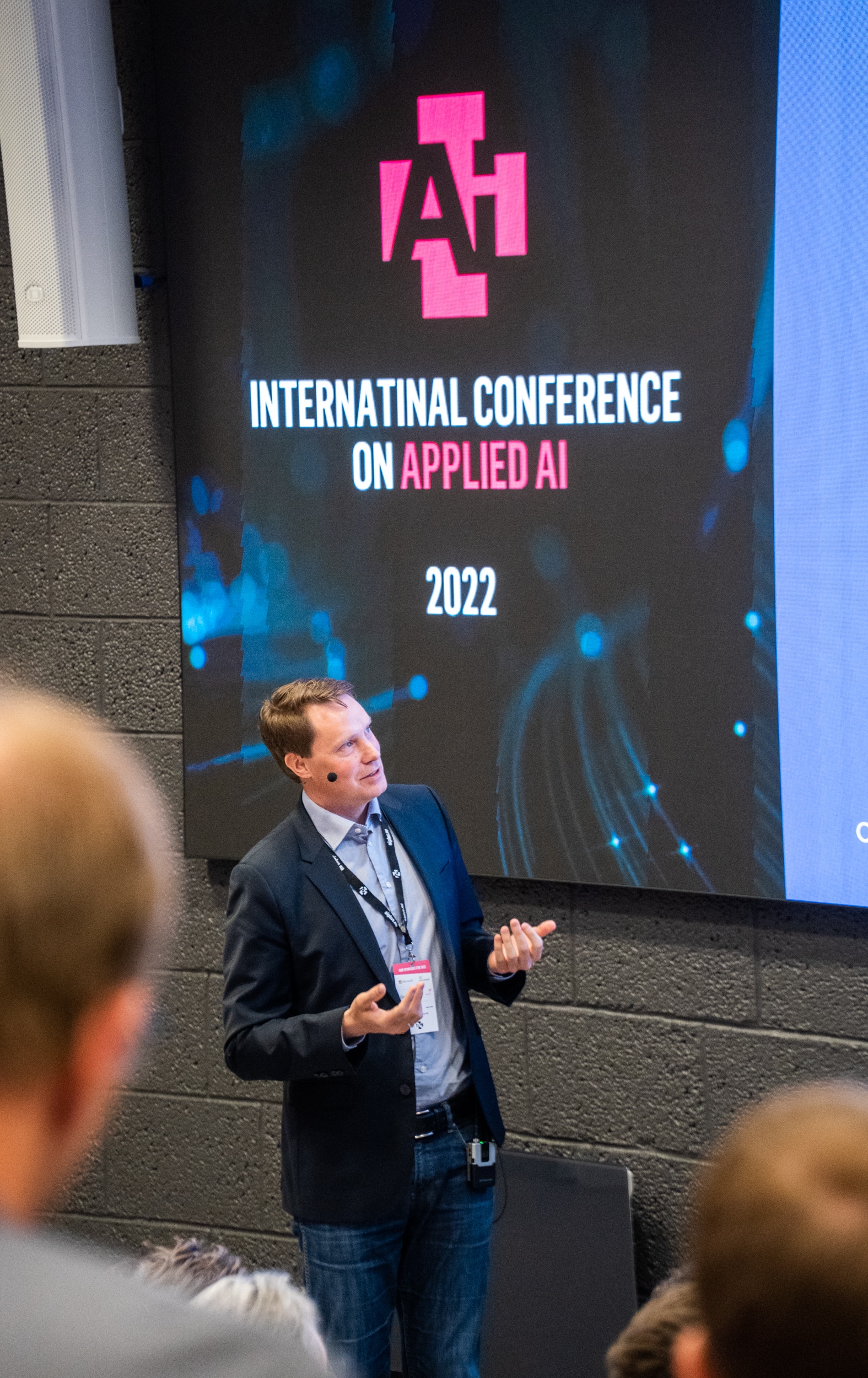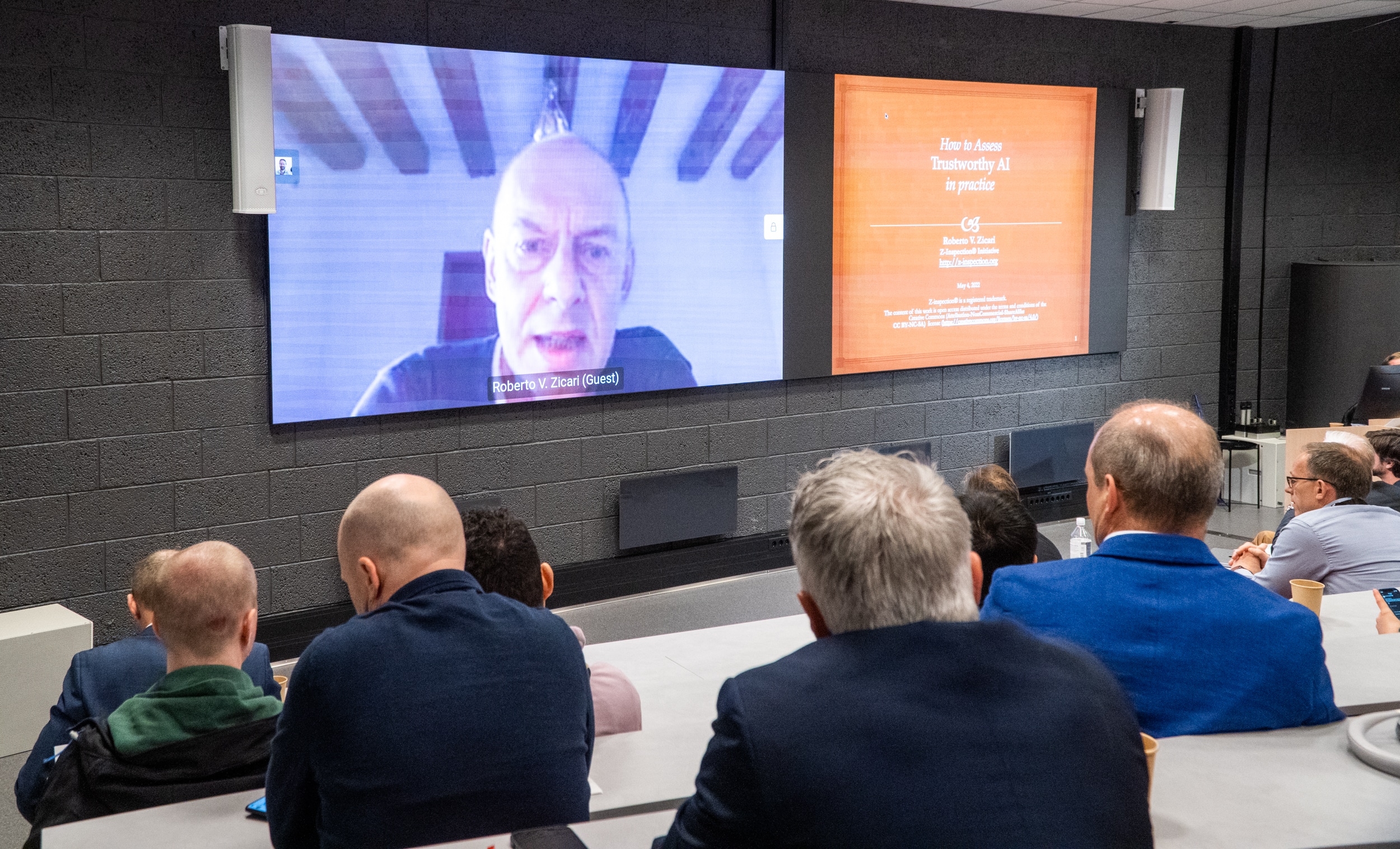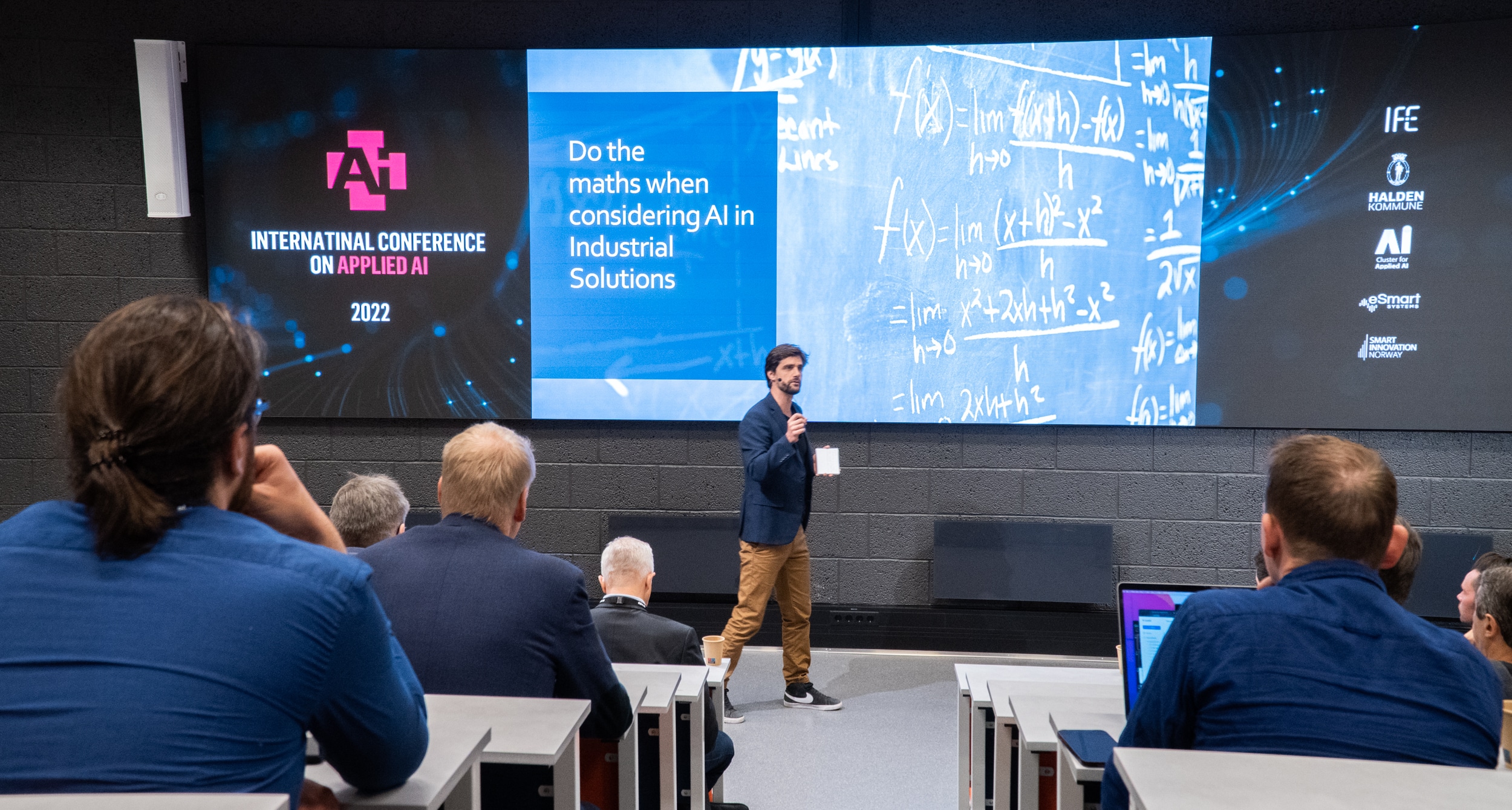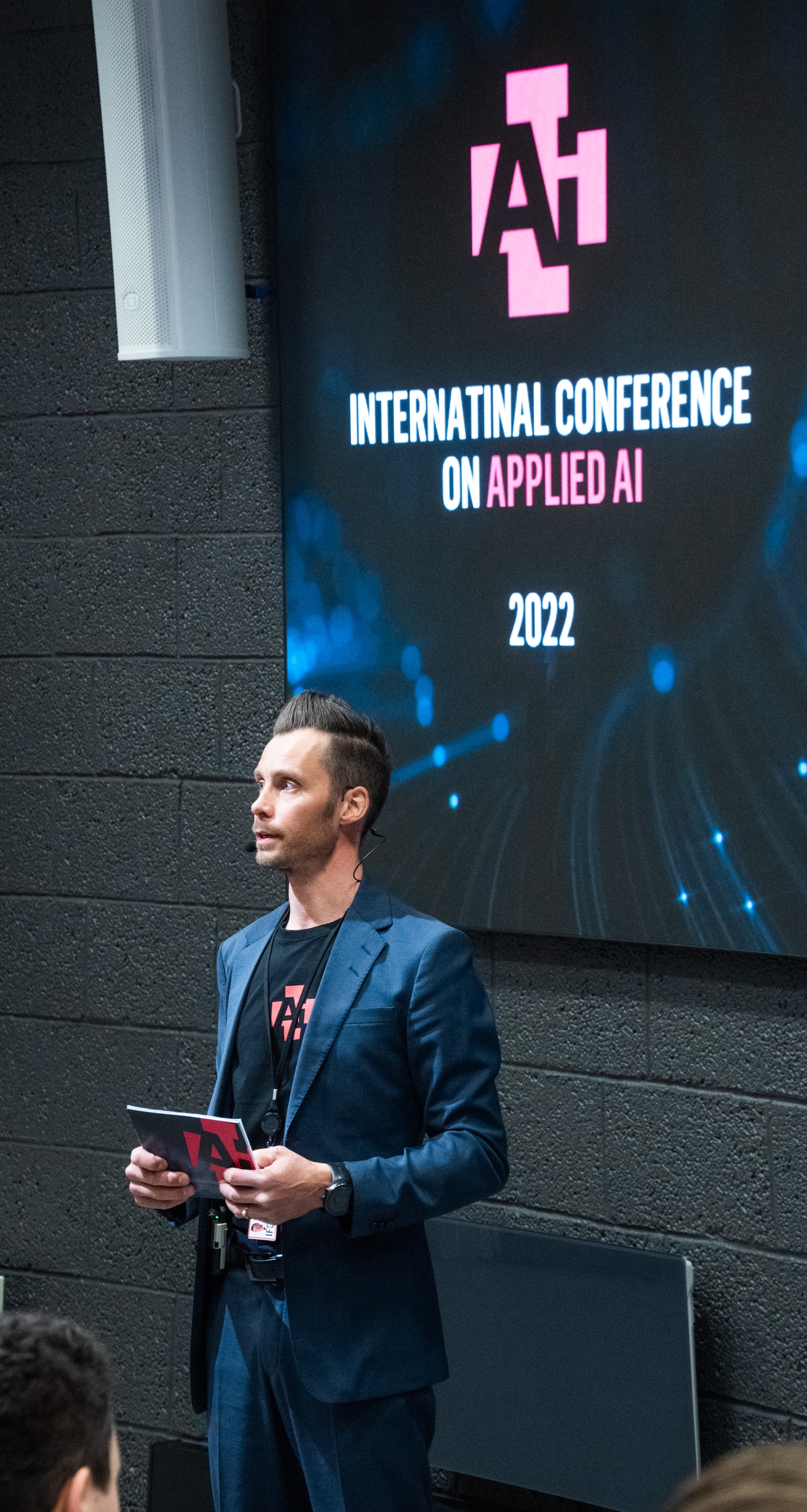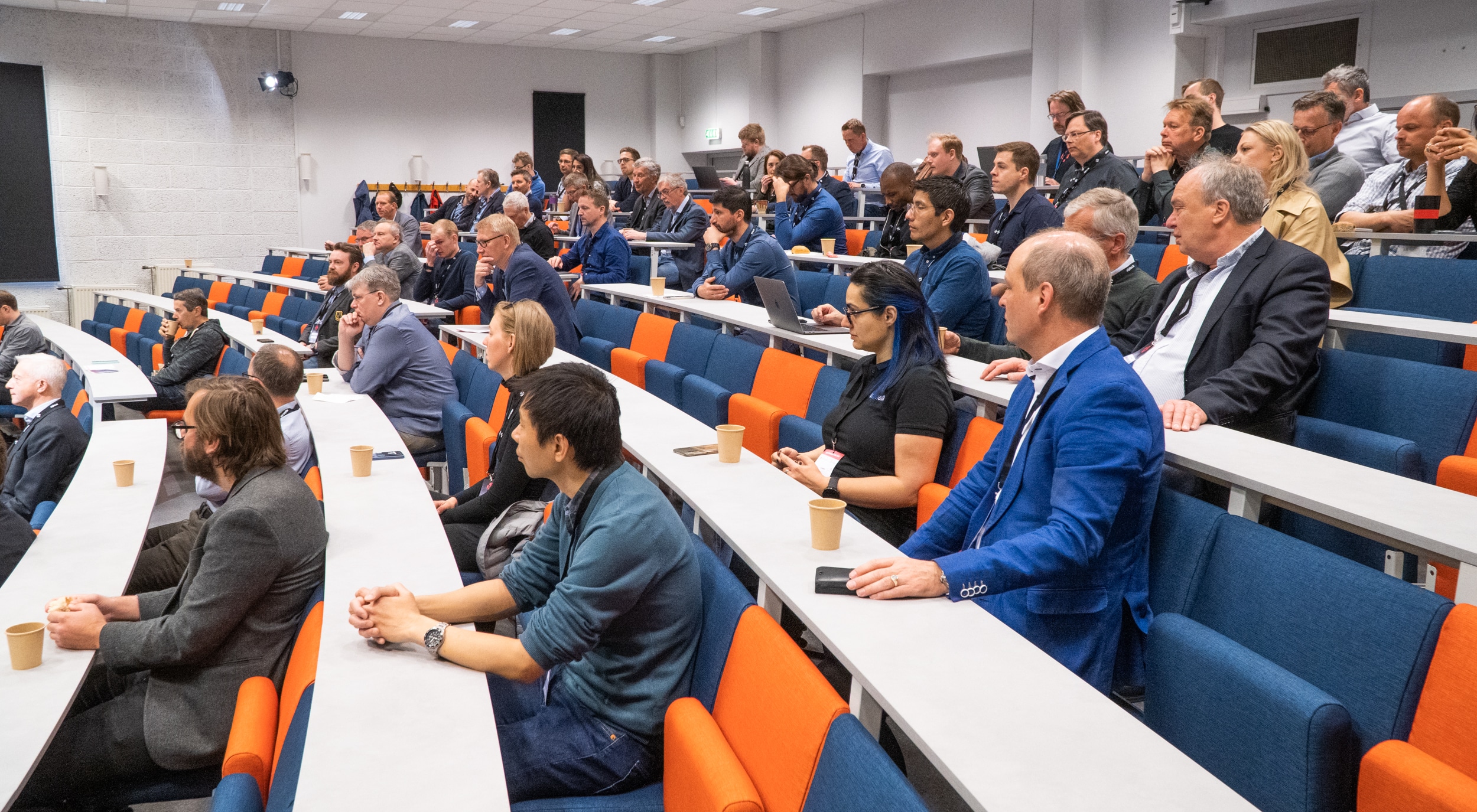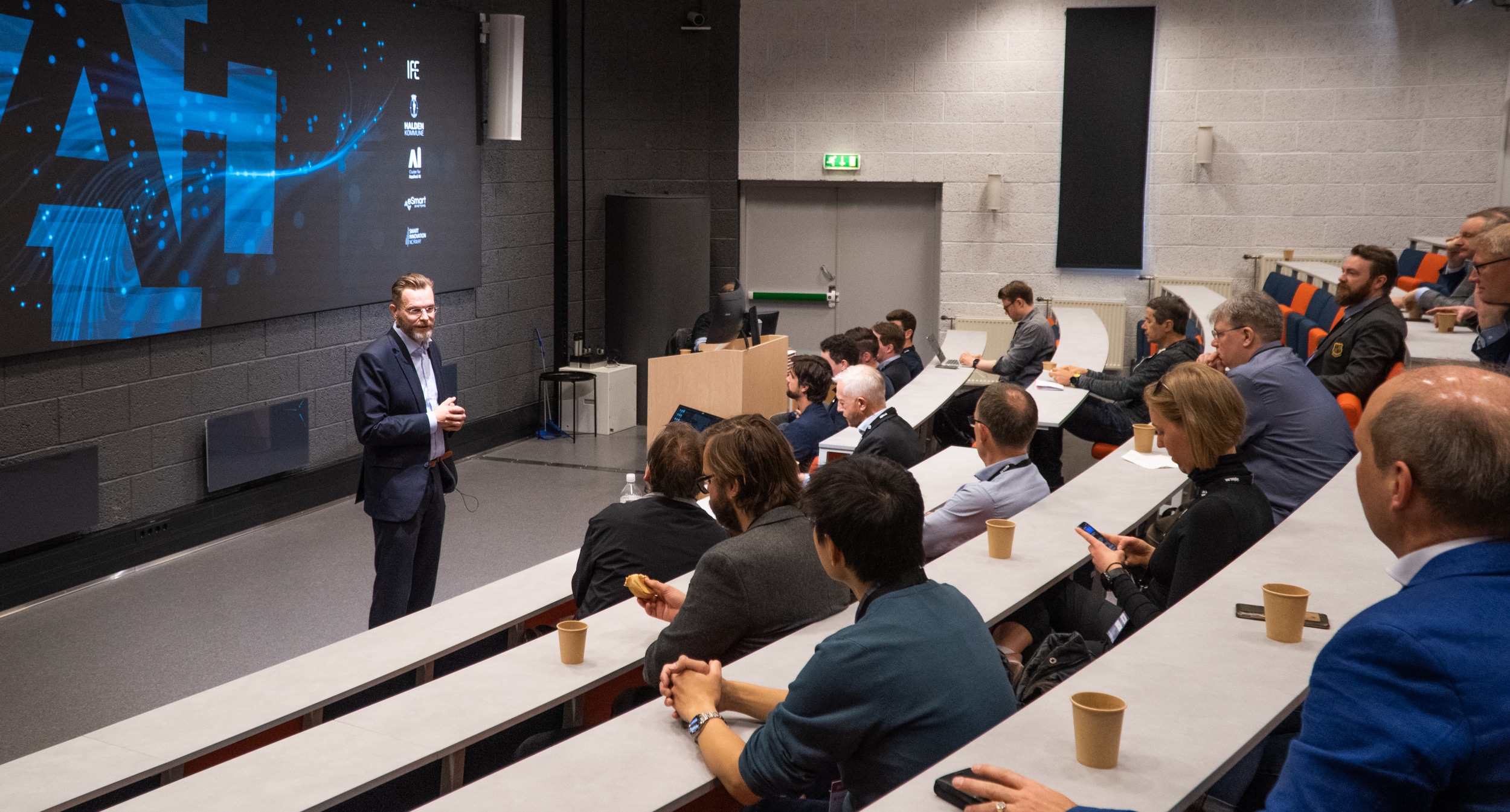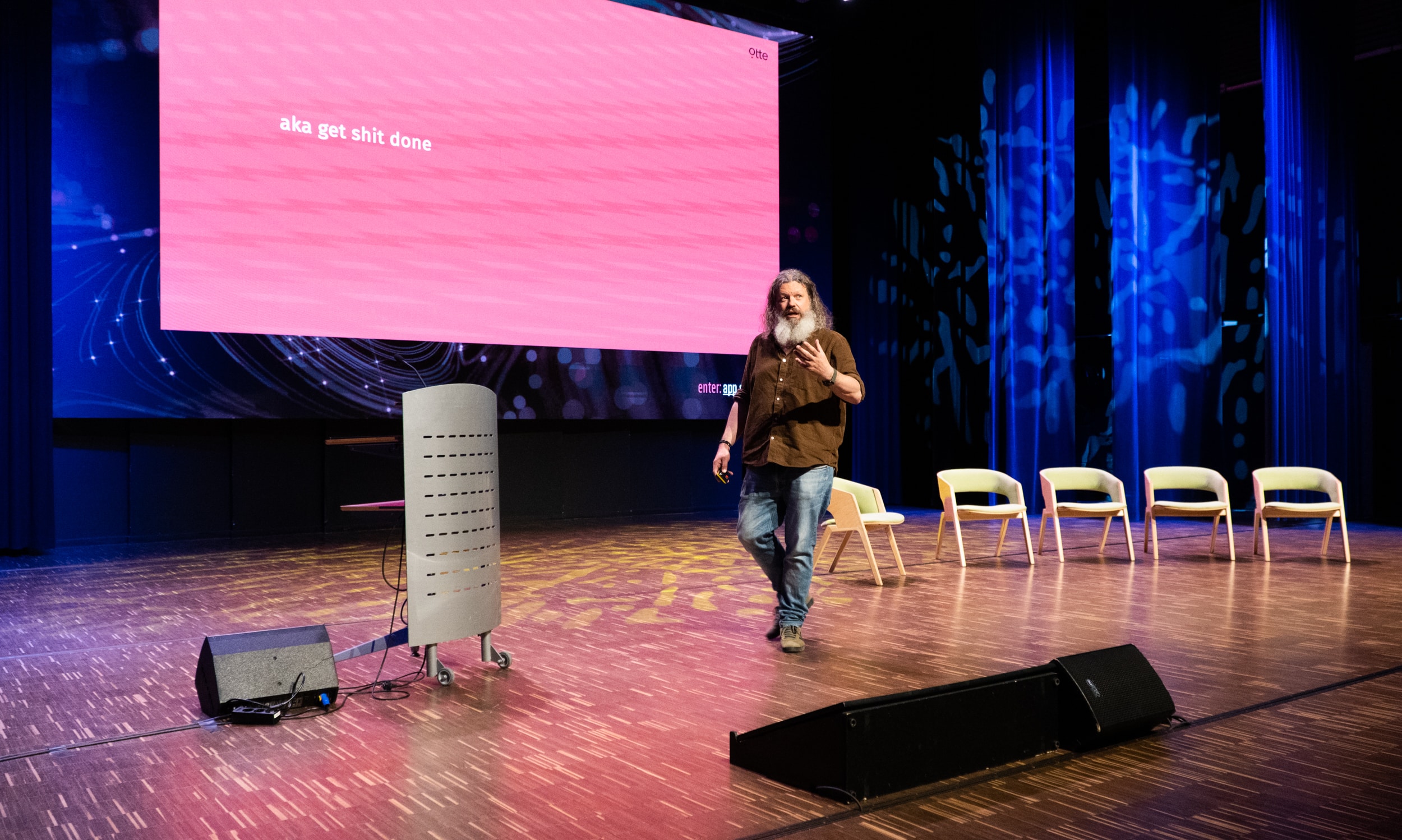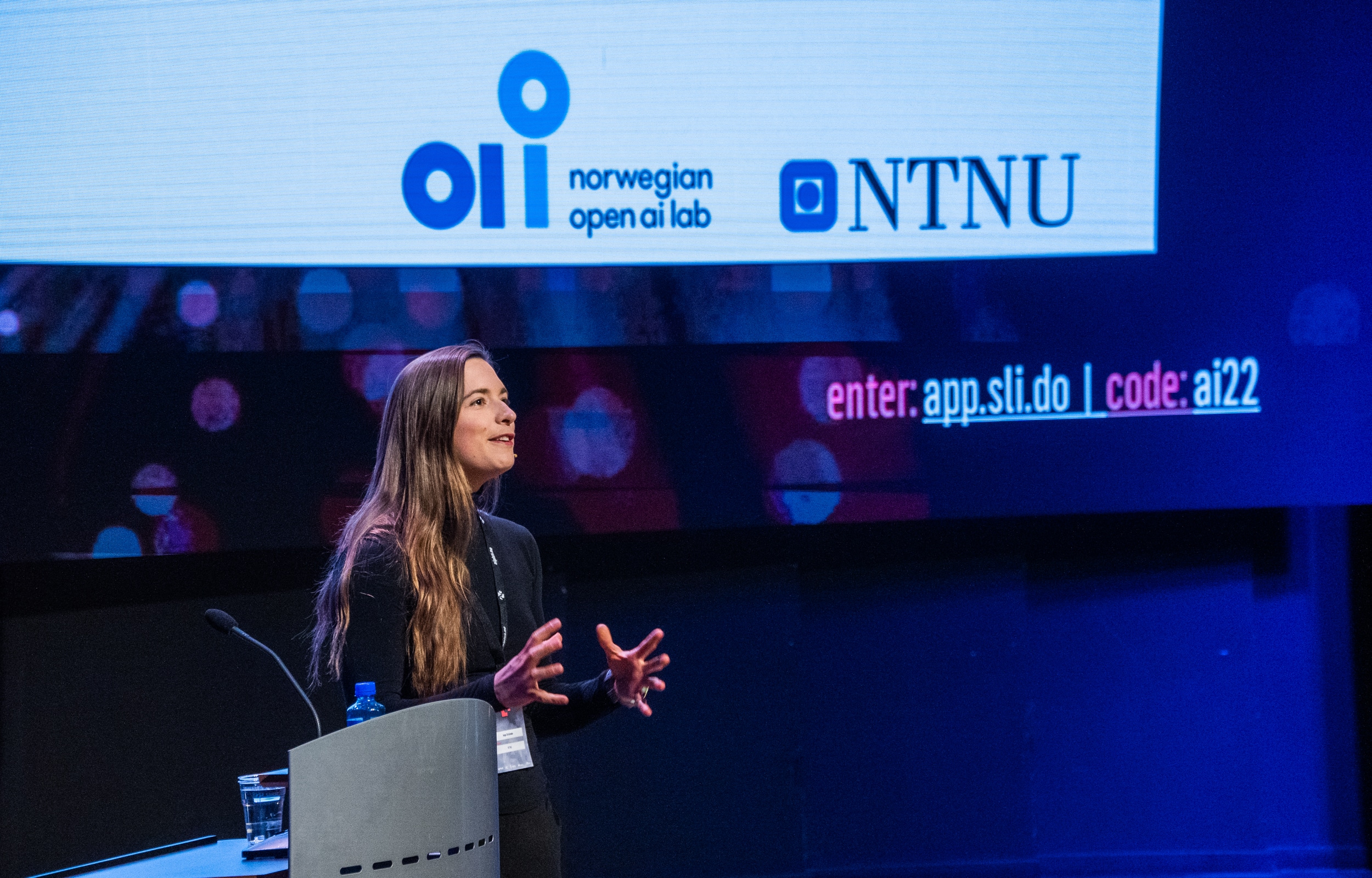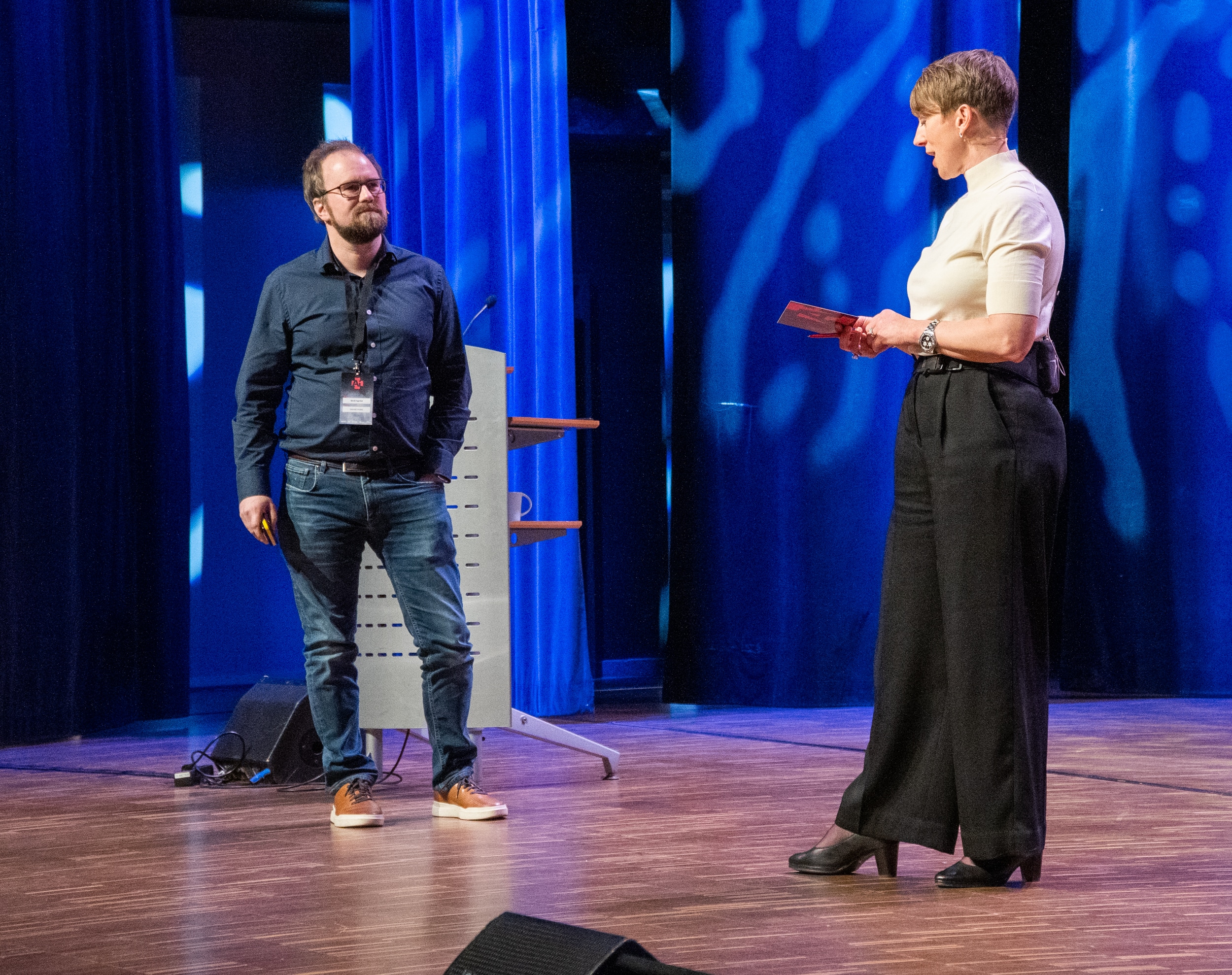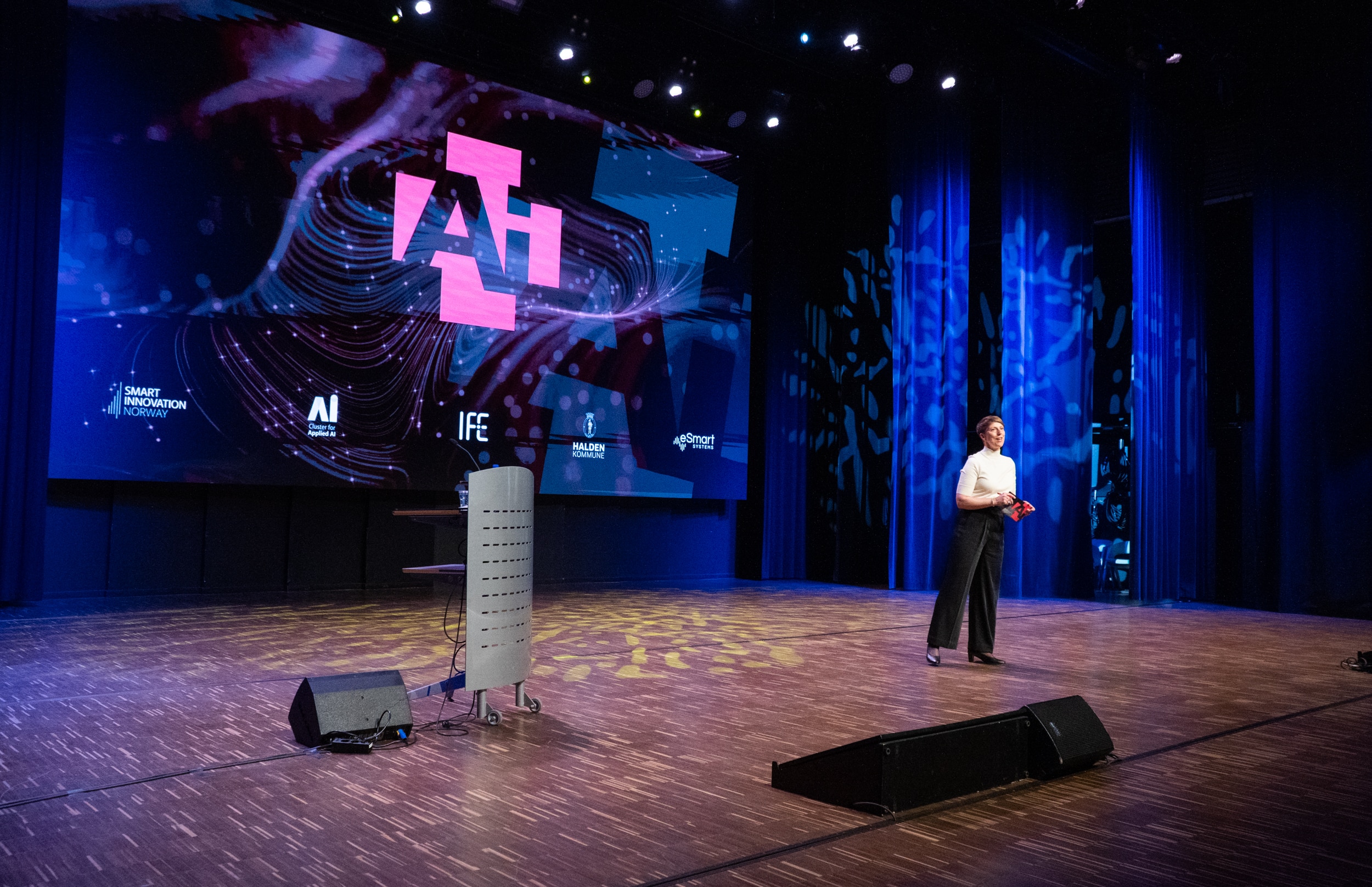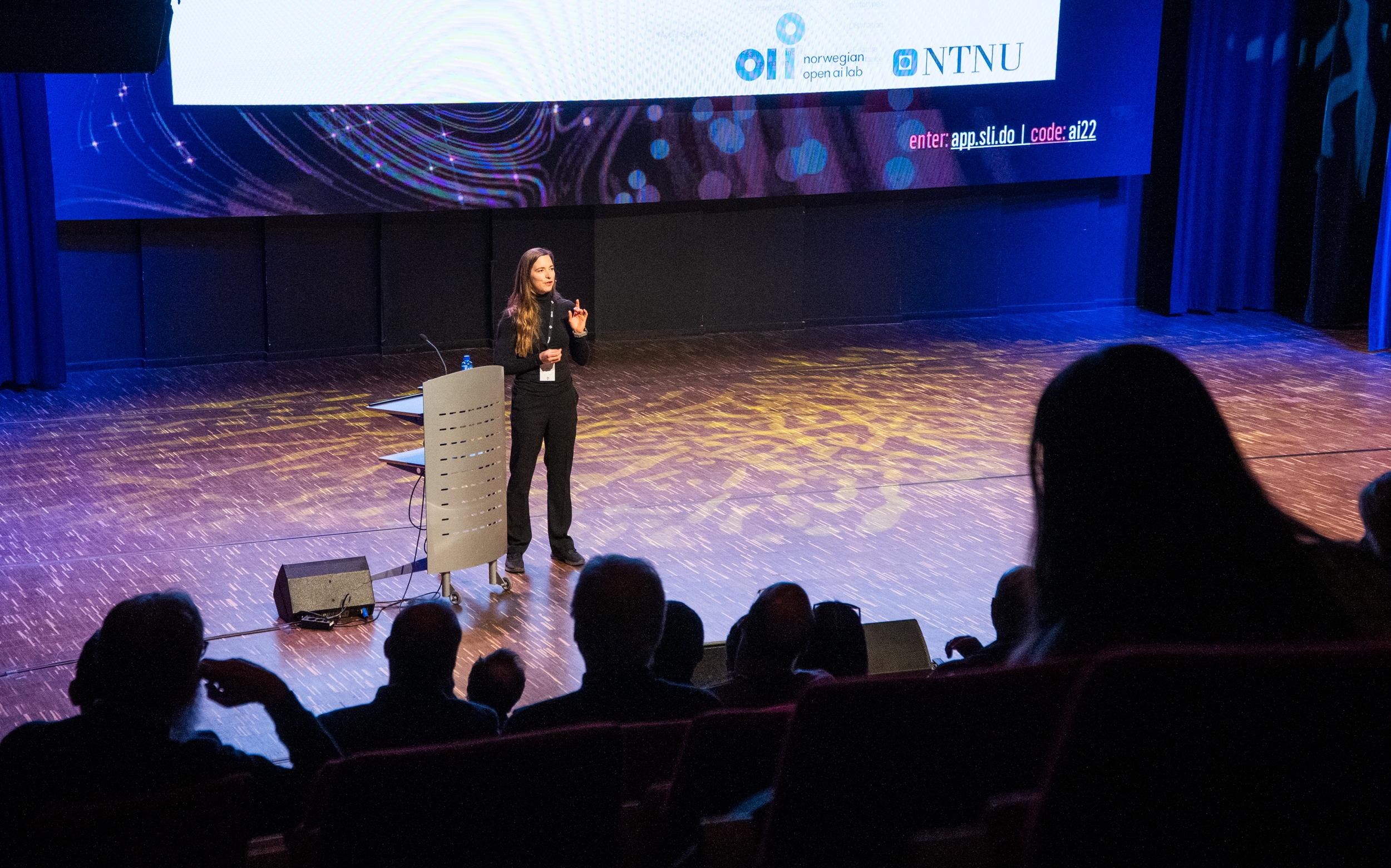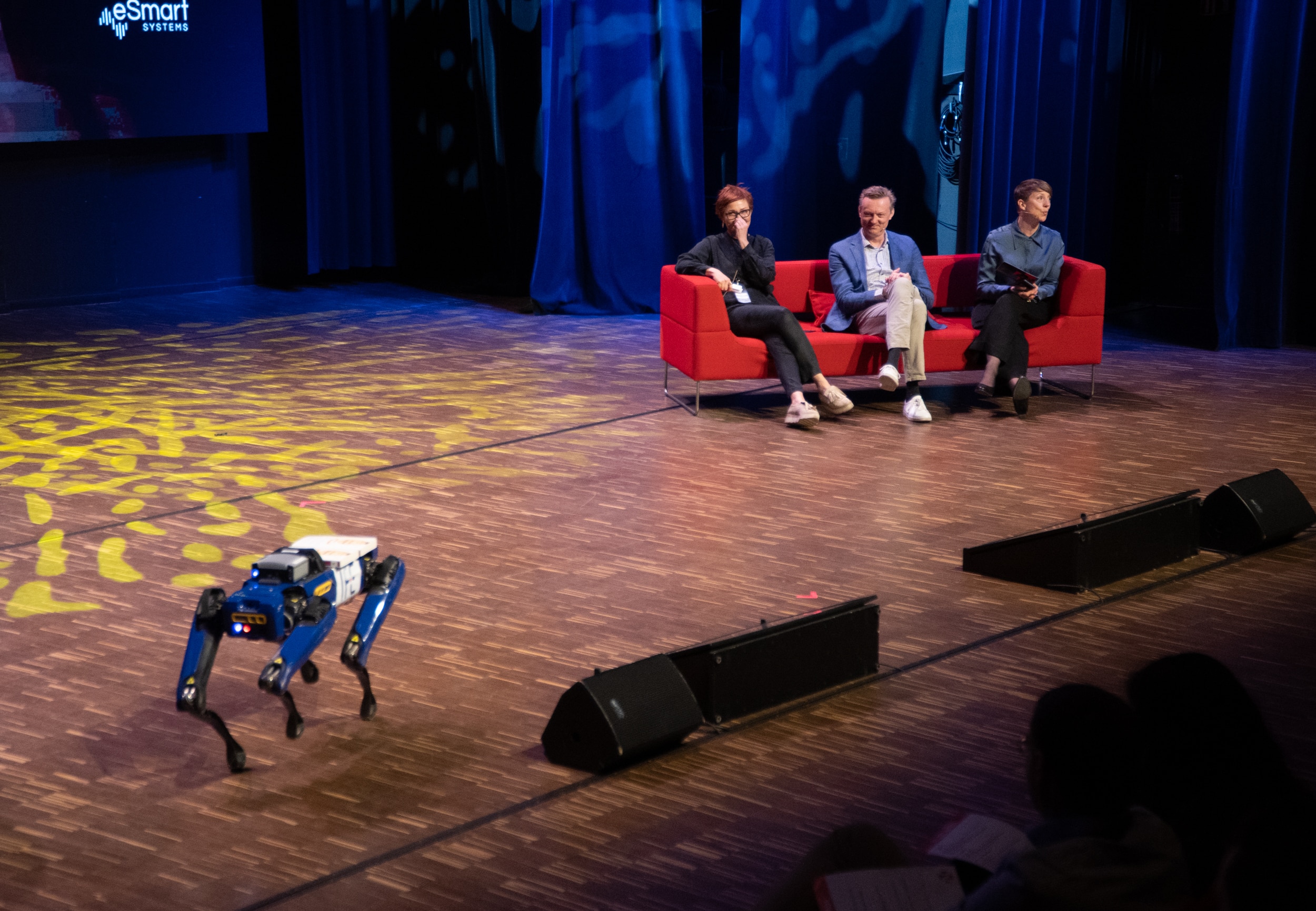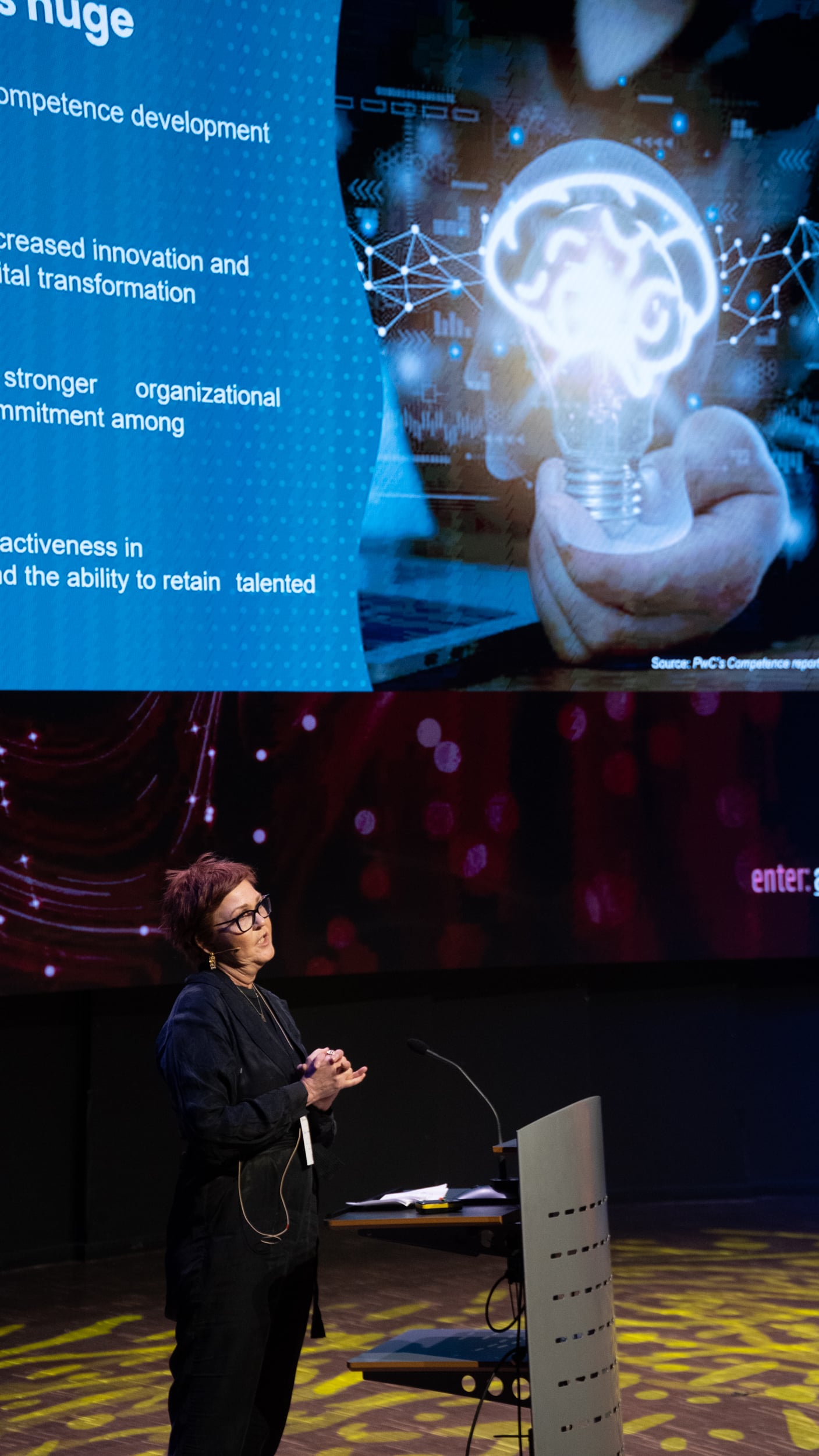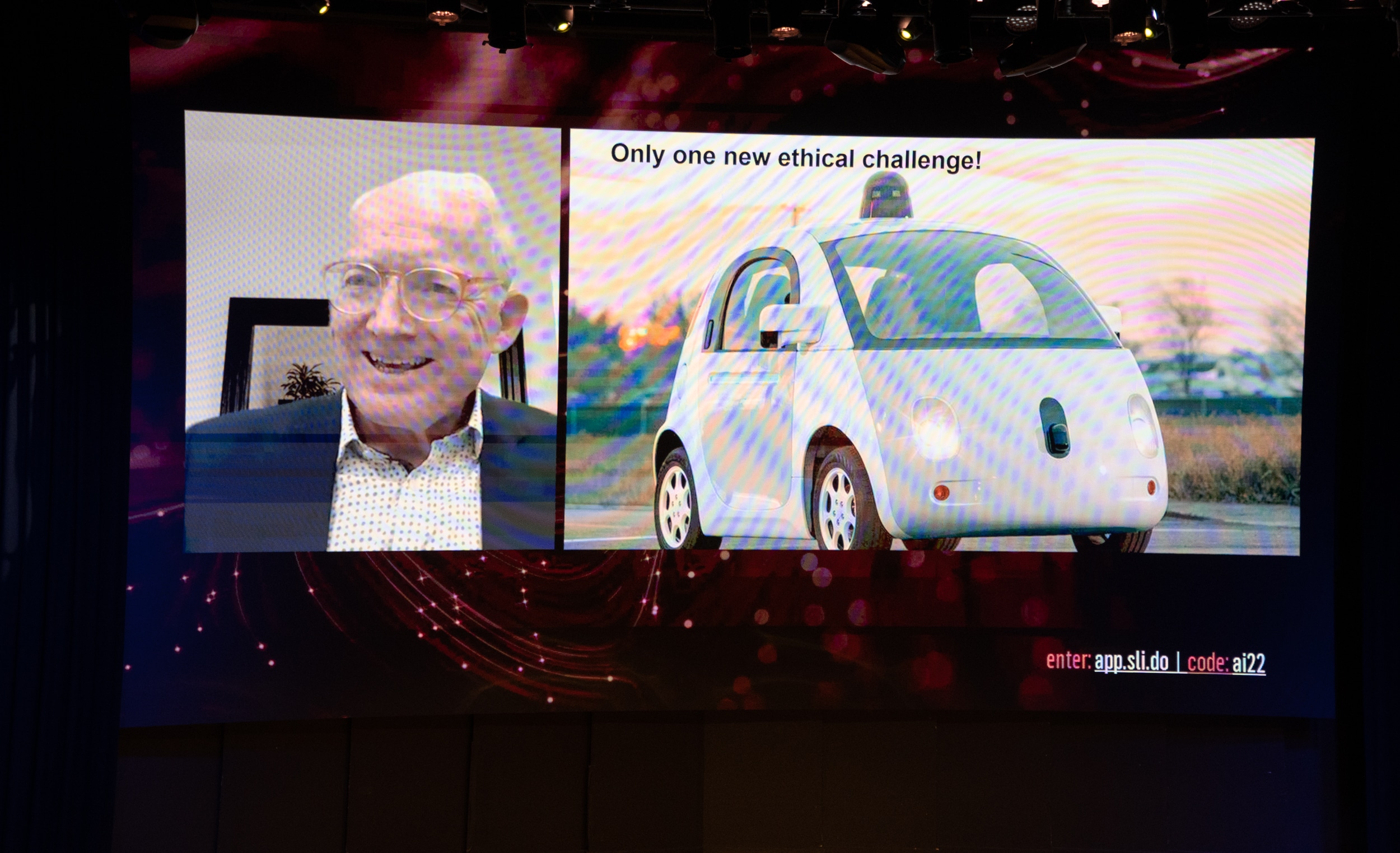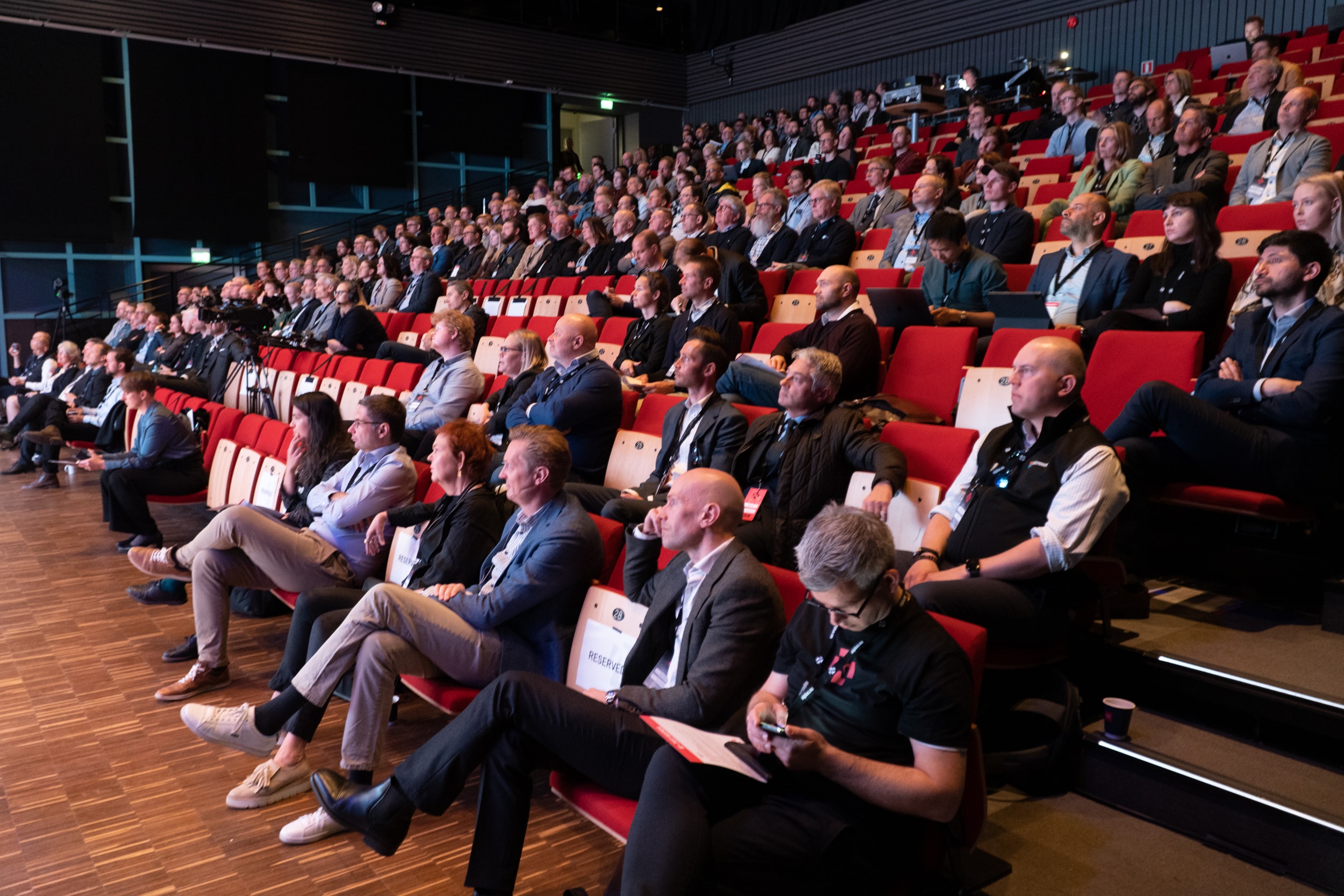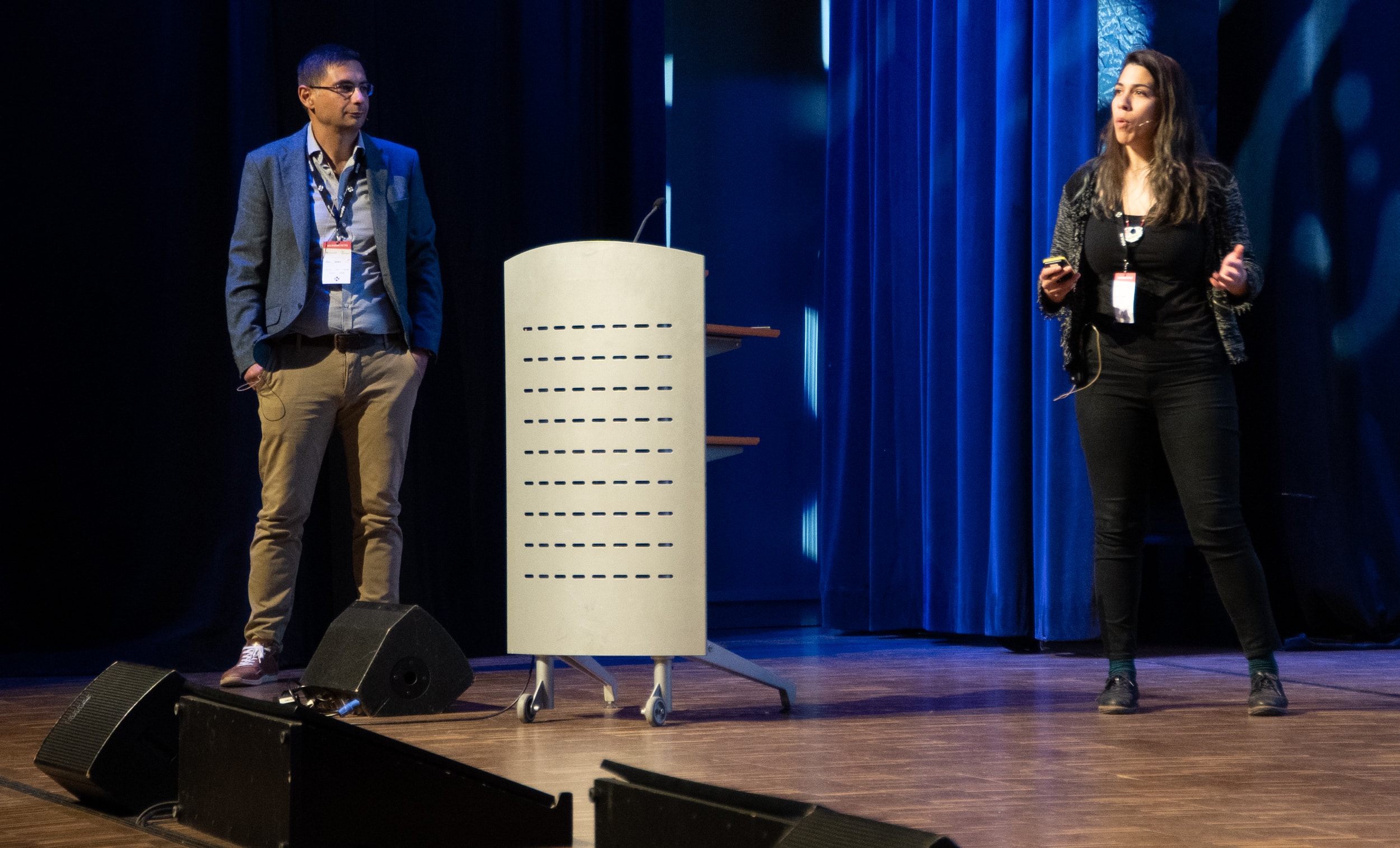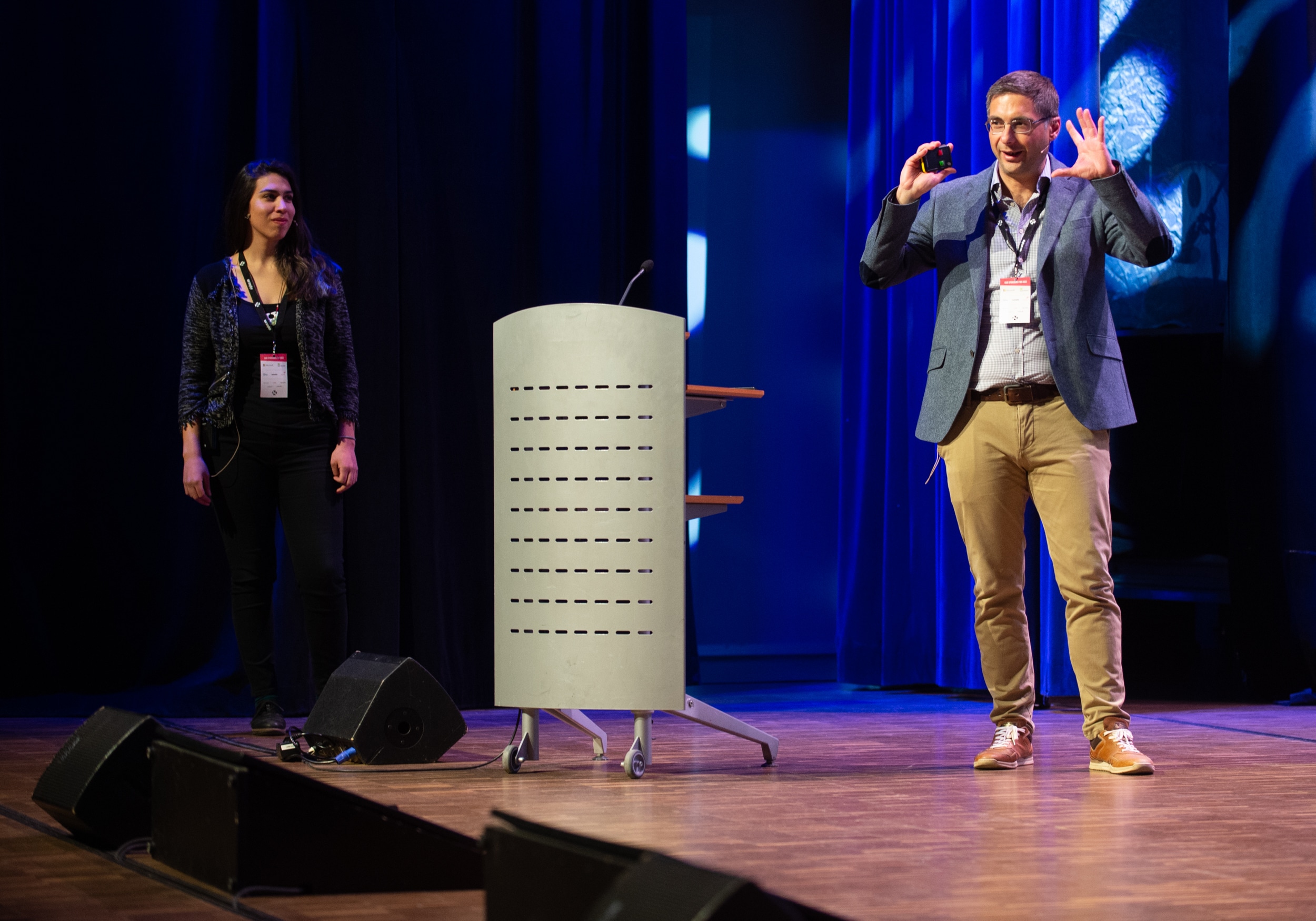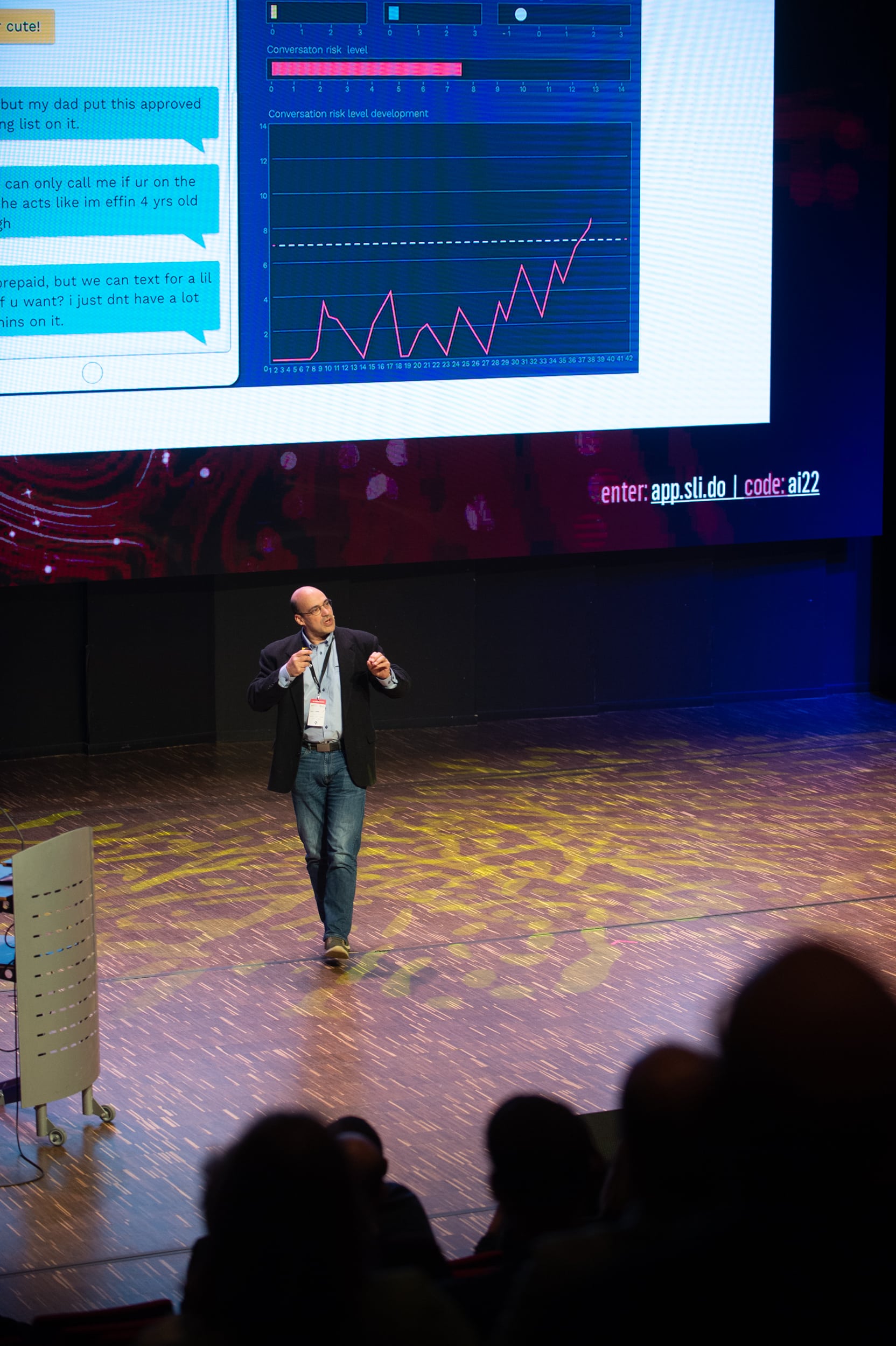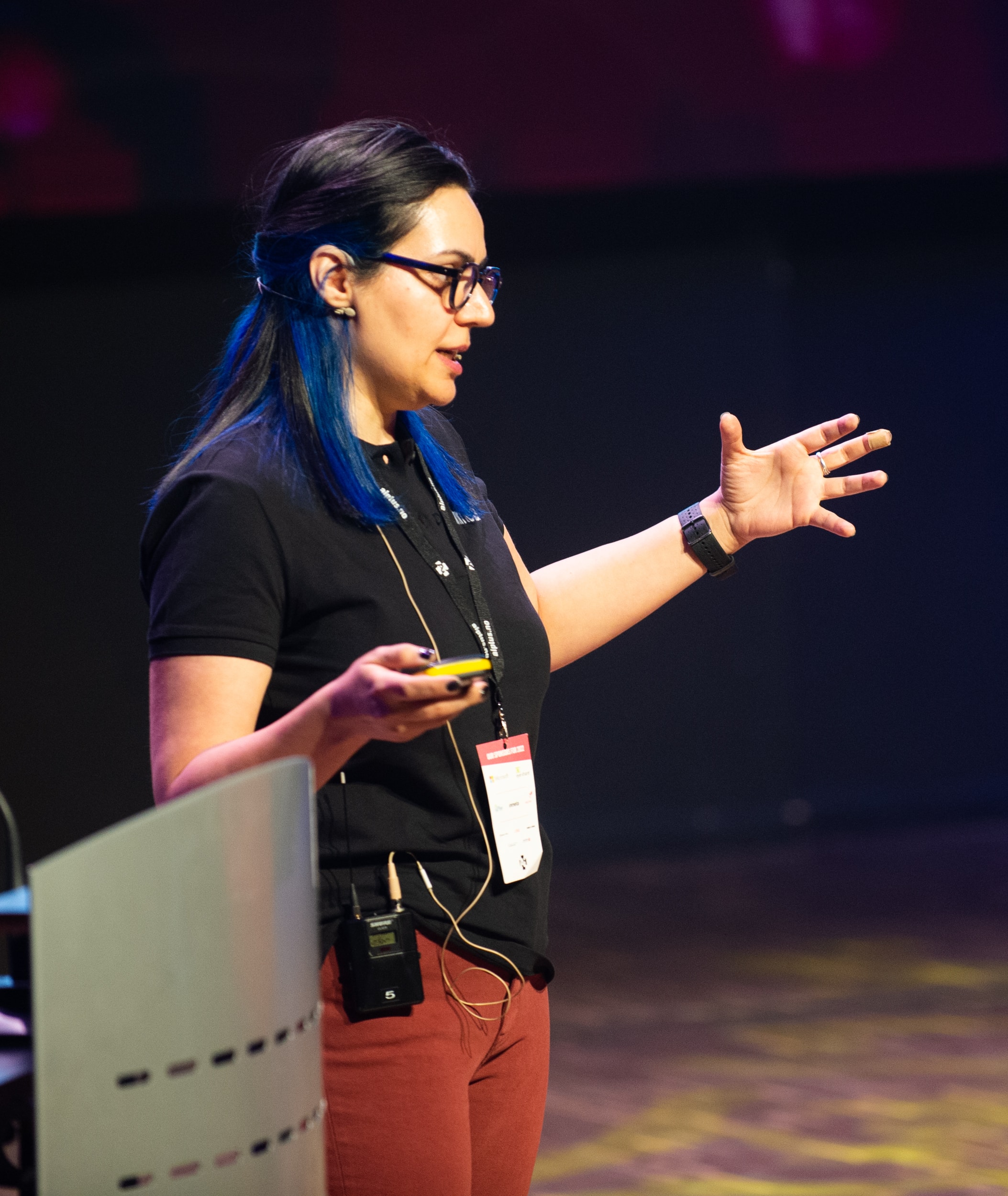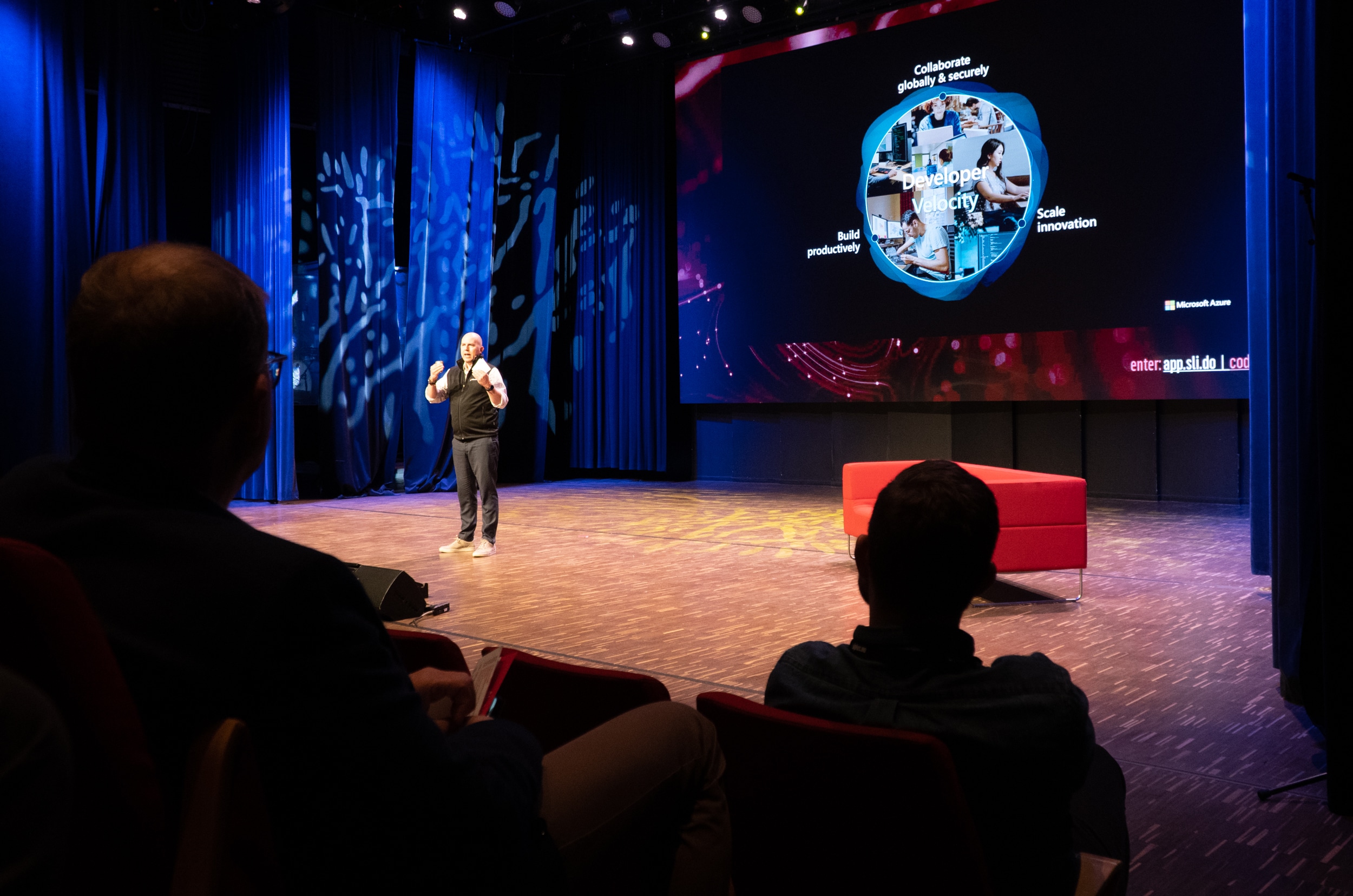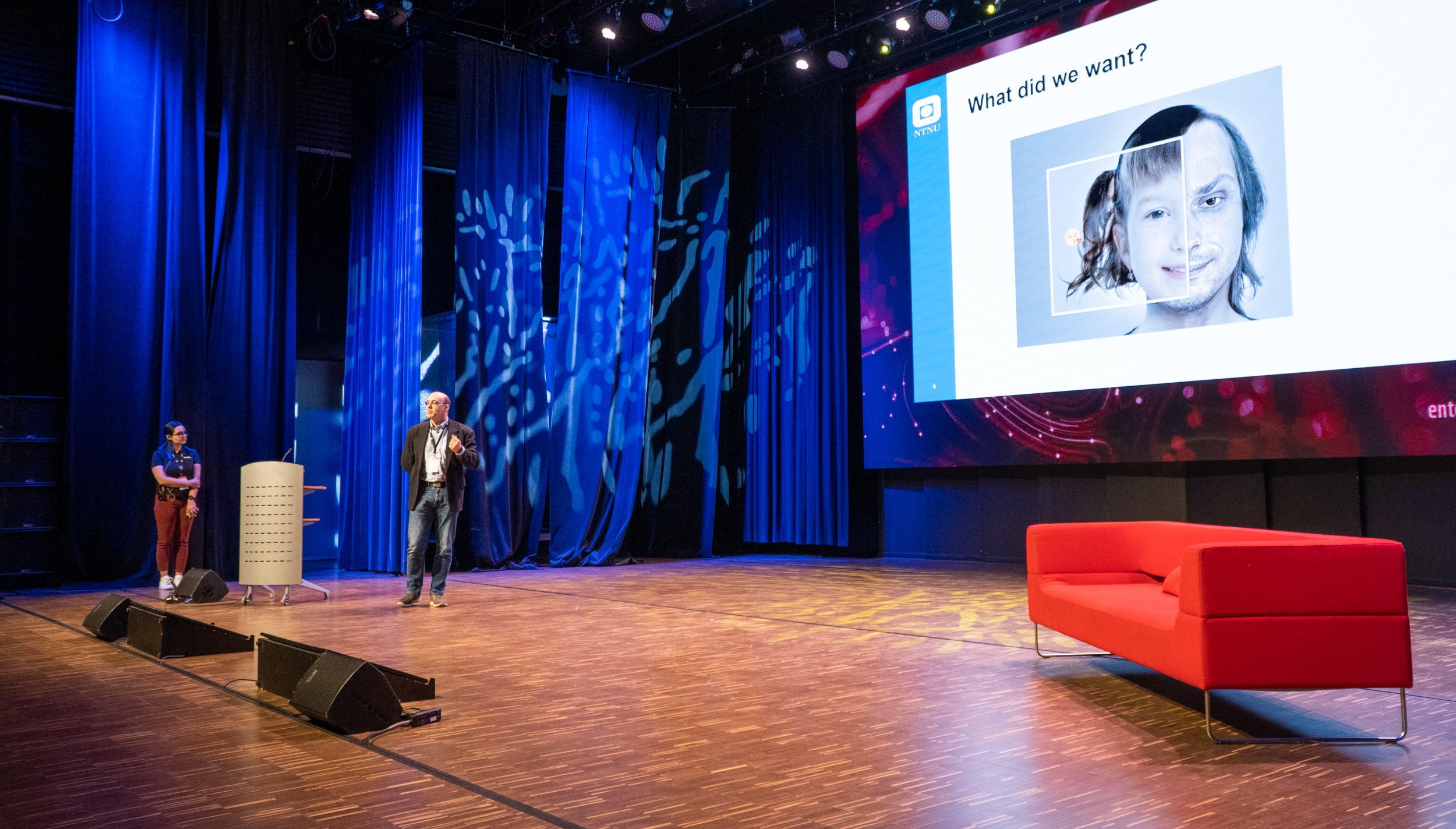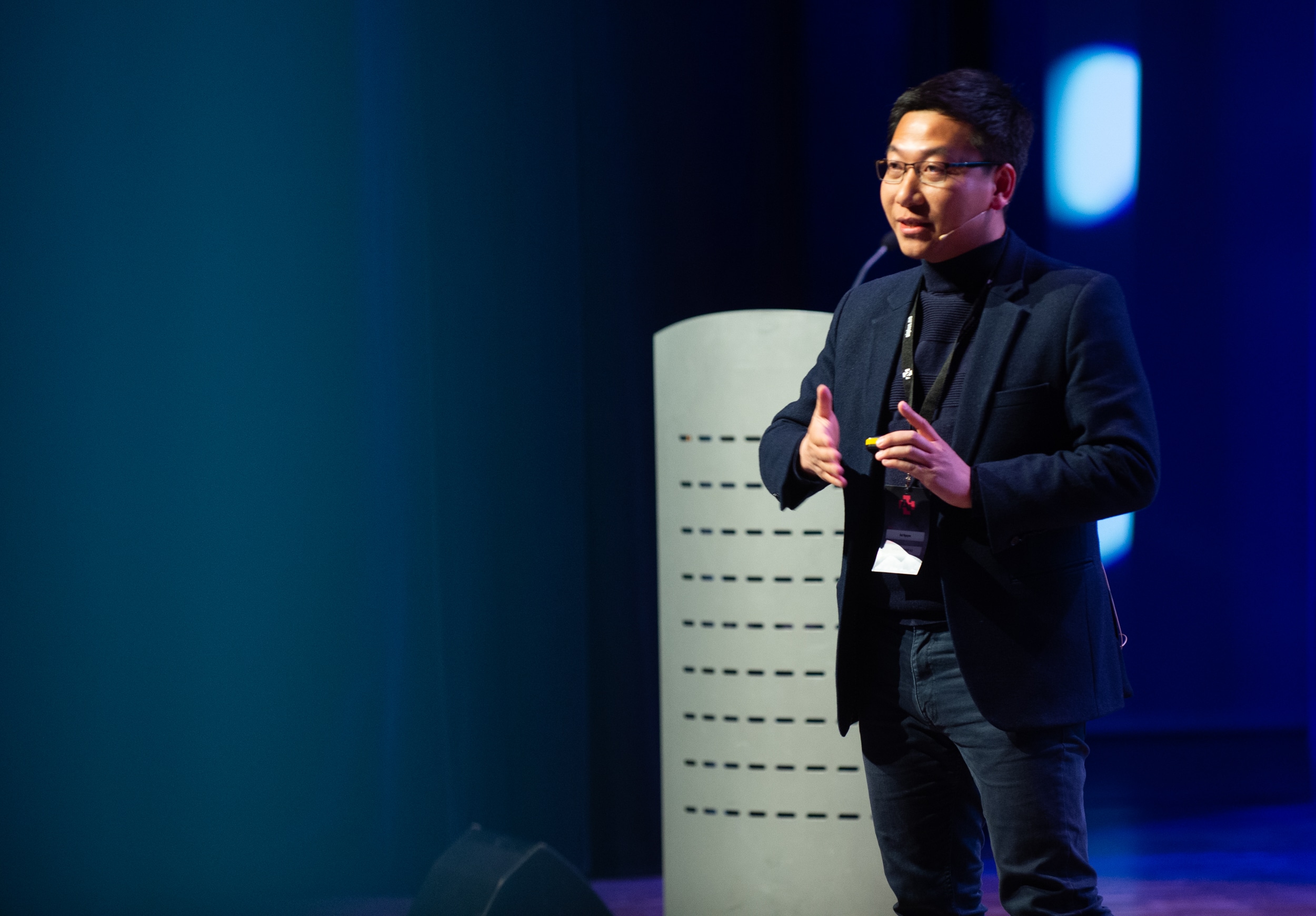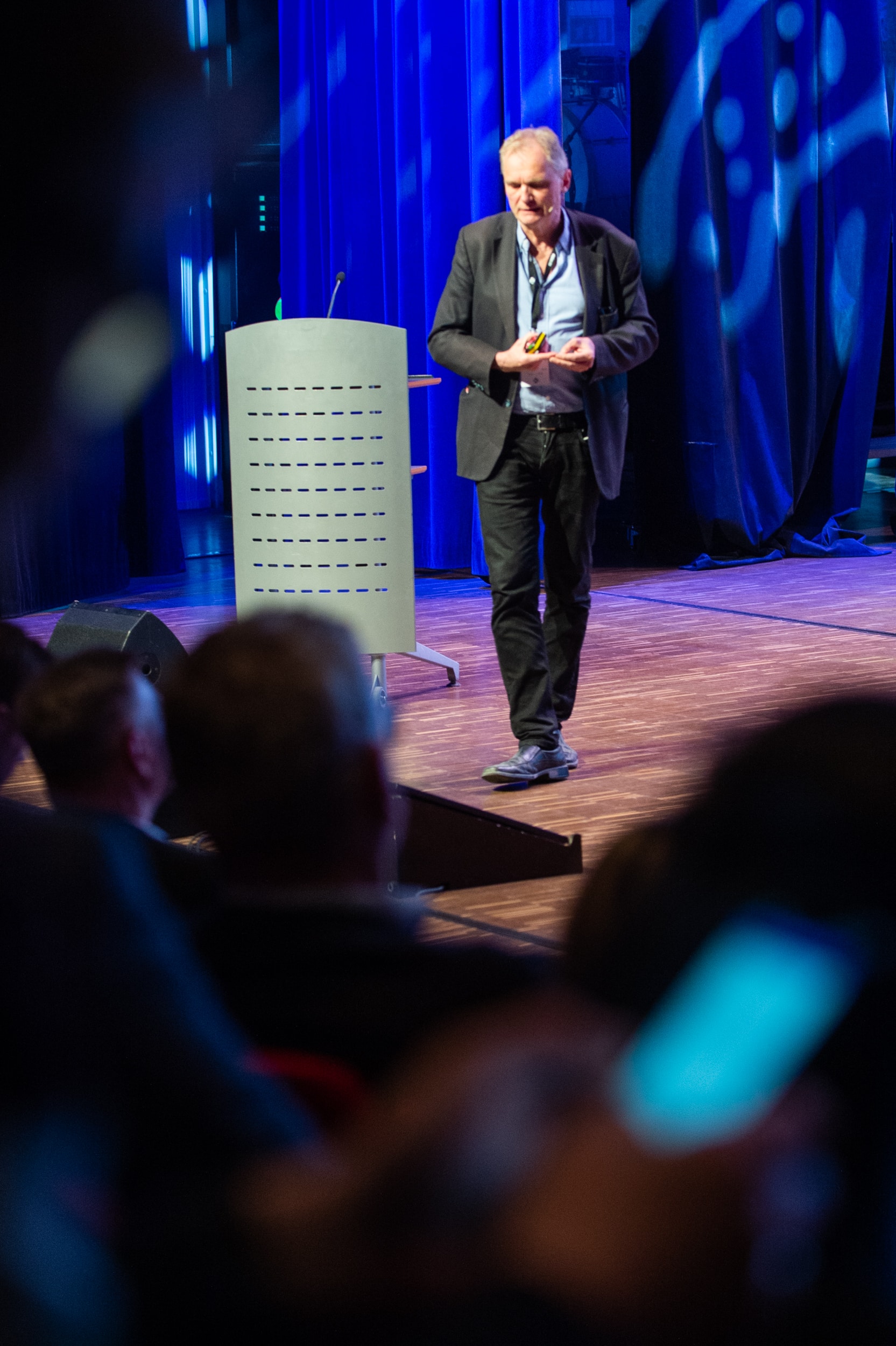By Surender Redhu, March 23, 2023
As the world continues to grapple with the challenges of climate change and the need for sustainable living, there is an increasing need for innovative solutions to use the produced energy efficiently. Moreover, with the rapid growth in population and urbanization, there is an increasing demand for energy. Therefore, energy consumption management has become a crucial aspect of modern society.
With the advancement of technology, several solutions can be developed with the use of wireless sensors, Home Area Network (HAN) devices, and the Internet of Things (IoT).
IoT networks are proven to be very successful when it comes to monitoring and controlling tasks in several applications like smart homes and buildings, e-health, etc. A smart home is a residence that uses IoT technology to automate various systems and appliances, including lighting, heating, ventilation, and air conditioning (HVAC) [1].
Therefore, this technology is utilized to monitor the unnecessary consumption of electricity in buildings and helps in controlling smart appliances remotely. For example, smart lighting can turn off when a room is unoccupied, and appliances can be automatically switched off when not in use. This results in optimized energy consumption and saving money on utility bills for smart home users. An illustration of a technology-enabled smart home is shown in Figure 1.
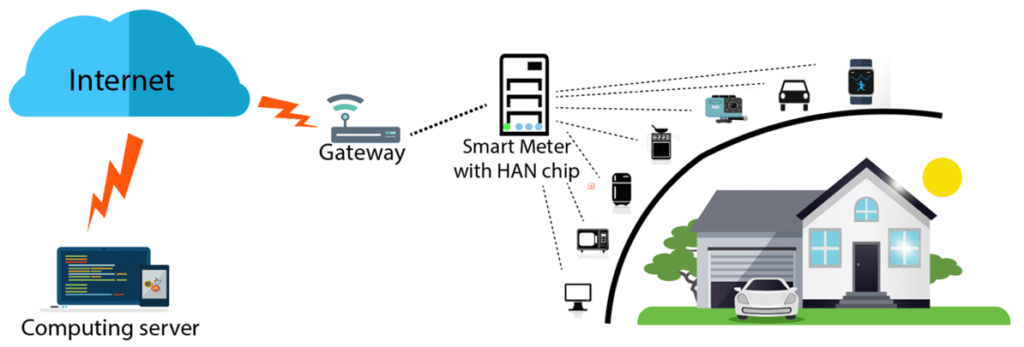
Improve efficiency and reduce consumption
Furthermore, with the integration of Artificial Intelligence (AI), the technology that enables machines to learn and think like humans, smart home energy management solutions can be made even more efficient by analyzing patterns in energy consumption and providing insights to help reduce energy waste.
The use of AI has become a popular solution to improve energy efficiency and reduce energy consumption. This is done using IoT-enabled appliances in smart homes, which have sensors that gather data on energy consumption and then use that data to optimize energy usage. AI can analyze this data to identify patterns in energy use and make recommendations for optimizing energy usage while considering the user’s comfort [2].
For instance, a smart thermostat can adjust the temperature in a home based on occupancy and outdoor temperature, reducing energy usage when no one is home or when it is unnecessary to maintain a specific temperature.
Smart homes can also be integrated with renewable energy systems, such as solar panels or wind turbines, to help reduce the reliance on fossil fuels. AI can optimize the use of renewable energy by predicting when the most energy will be generated and then using that energy when it is most needed.
Look to Copenhagen!
Beyond smart homes, AI can also be used to optimize energy consumption in commercial buildings, such as office buildings and shopping centres. When implemented on a large scale, AI is also playing a critical role in the development of sustainable smart cities. These cities use cutting-edge technologies and infrastructure to improve the quality of life for residents while reducing their environmental impact.
AI can help manage the energy consumption of entire communities by analyzing data from sensors and devices and using predictive models to forecast energy demand and optimize energy distribution.
For instance, AI can be used to analyze patterns of energy consumption in different parts of the city and adjust the distribution of energy accordingly. This can help balance the load on the energy grid, reduce energy waste, and lower costs.
One example of smart city implementation is Copenhagen which began to use AI to optimize its heating system [3]. The system uses AI to analyze weather patterns and optimize heating in buildings, reducing energy consumption by a significant amount.
What are the challenges?
The future of AI-enabled energy management solutions at the smart home and city level is very bright. One key advantage of AI in energy management is its ability to learn and adapt over time. As more data is collected, machine learning algorithms become more accurate, enabling more effective energy management. This is particularly important in the context of smart cities, where the volume of data generated can be enormous. AI can help manage this data and make sense of it, providing insights that can inform energy policies and infrastructure planning.
The benefits of using AI in energy management bring some challenges as well. One of the main challenges is ensuring data privacy and security. The use of AI involves collecting and analyzing large amounts of data, and this data might contain sensitive information about users in smart homes.
Moreover, the users also become less willing to share their home energy consumption data with the service providers. However, this challenge can be mitigated with the use of an edge computing framework with AI technology [4]. Edge computing framework does not require the sharing of users’ data with the central server. It processes the data at end users and performs intelligent decisions.
Another challenge is the need for interoperability between different systems and devices when it is extended over the smart city level. Thus, it requires the development of common standards and protocols to ensure interoperability and compatibility.
In conclusion, the use of AI in energy management has the potential to transform the way we use and manage energy. With the ongoing success of smart homes, researchers and experts are now looking to apply AI to larger areas such as smart cities. The use of AI in smart cities has the potential to be transformative in terms of sustainable energy management. While there are challenges that need to be addressed, AI can play a critical role in building a sustainable future for upcoming generations.
References:
[1] Alam, M.R., Reaz, M.B.I. and Ali, M.A.M., 2012. A review of smart homes—Past, present, and future. IEEE transactions on systems, man, and cybernetics, part C (applications and reviews), 42(6), pp.1190-1203.
[2] Prieto González, L., Fensel, A., Gómez Berbís, J.M., Popa, A. and de Amescua Seco, A., 2021. A survey on energy efficiency in smart homes and smart grids. Energies, 14(21), p.7273.
[3] Bergsteinsson, H.G., Nielsen, T.S., Møller, J.K., Amer, S.B., Dominković, D.F. and Madsen, H., 2021. Use of smart meters as feedback for district heating temperature control. Energy Reports, 7, pp.213-221.
[4] Redhu, S., Singh, A., and Bremdal, B., “Edge Computing for Improving Energy Management in Smart Homes,” in CIRED 2023.

